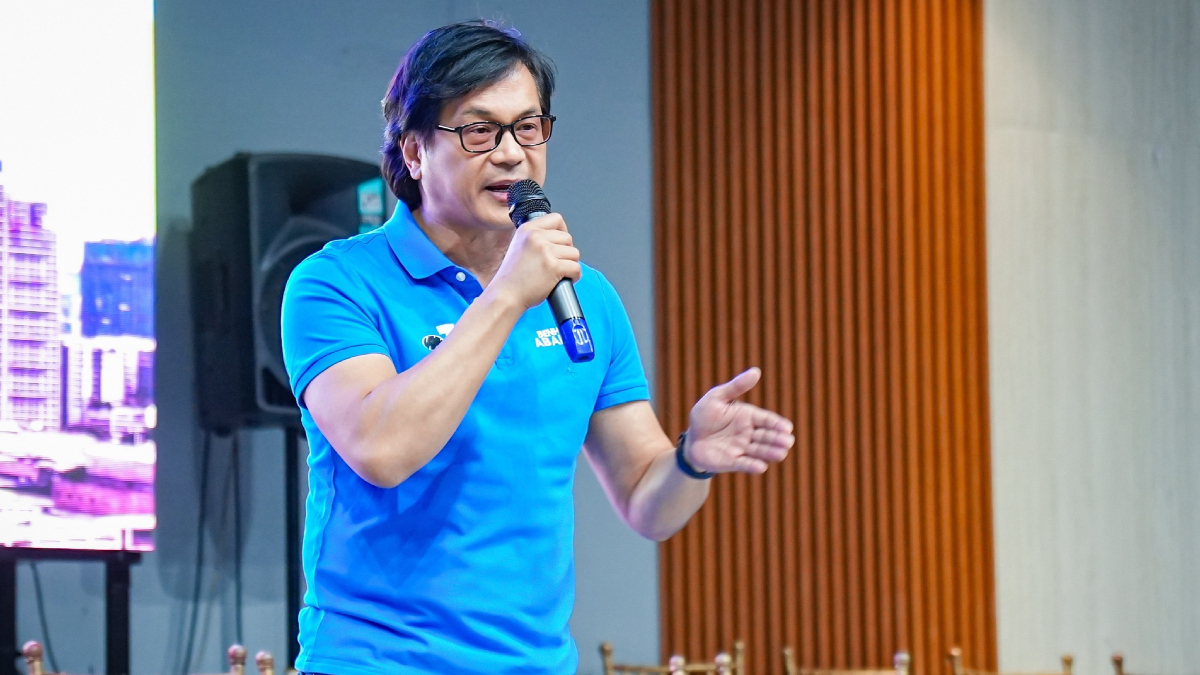Senatorial hopeful and former Interior Secretary Benhur Abalos Jr. is pledging to overhaul the Overseas Employment Certificate (OEC) and contract verification process, calling them outdated and unnecessarily difficult for Overseas Filipino Workers (OFWs).
During recent consultations with Filipino workers in the Middle East, Europe, and Asia, Abalos heard recurring frustrations about long waiting times, appointment delays, and inefficient systems.
“Sometimes, it’s easier to vacation in other countries than in the Philippines. Contract verification alone can take one week to a month just to get an appointment. Then you still have to queue for at least half a day. The OEC is a separate hurdle,” shared Ralph, an OFW based in the Gulf region.
Abalos promised immediate legislative action if elected. “We receive countless suggestions from our modern-day heroes. It’s our duty to listen and to act,” he said in an Inquirer.net report. “I promise you — kung ako po ay papalarin — I will champion legislation that makes these processes faster.”
He didn’t hold back in criticizing the current system. “Nakakainis. Napakasimpleng bagay, pinapahirapan pa,” he said, reflecting the frustration echoed by many OFWs.
Abalos emphasized that the system’s inefficiencies often force OFWs to use their limited—and sometimes unpaid—vacation days lining up at government offices instead of spending time with family. “It’s disheartening that such a simple requirement is made so complicated,” he said.
Despite digital options being introduced, Abalos noted the persistent struggle many OFWs still face in securing online appointments. He called for stronger coordination among the Department of Migrant Workers, OWWA, the Anti-Red Tape Authority, and other concerned bodies.
As part of his digitalization push, Abalos proposed a fully integrated, user-friendly system with clear timelines and accountability. “There will be strict accountability measures,” he said. “Through better coordination among agencies, we can make OFW departure and return smoother, removing another burden from their shoulders.”
For Abalos, simplifying these processes means more than convenience. “Expediting these processes would save OFWs time and money and, more importantly, give them more meaningful time with their loved ones,” he said.






